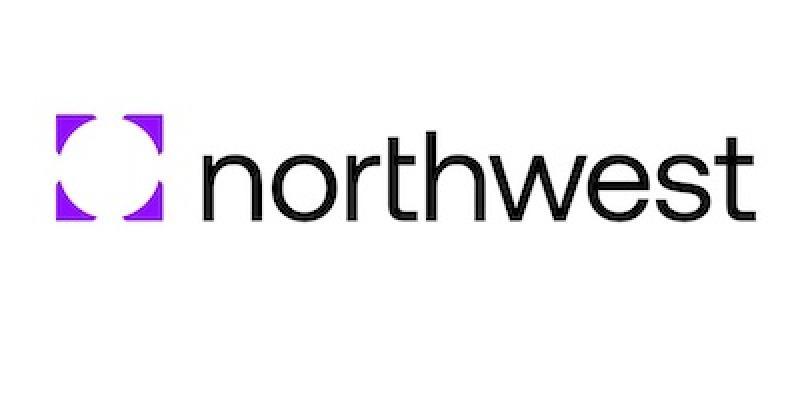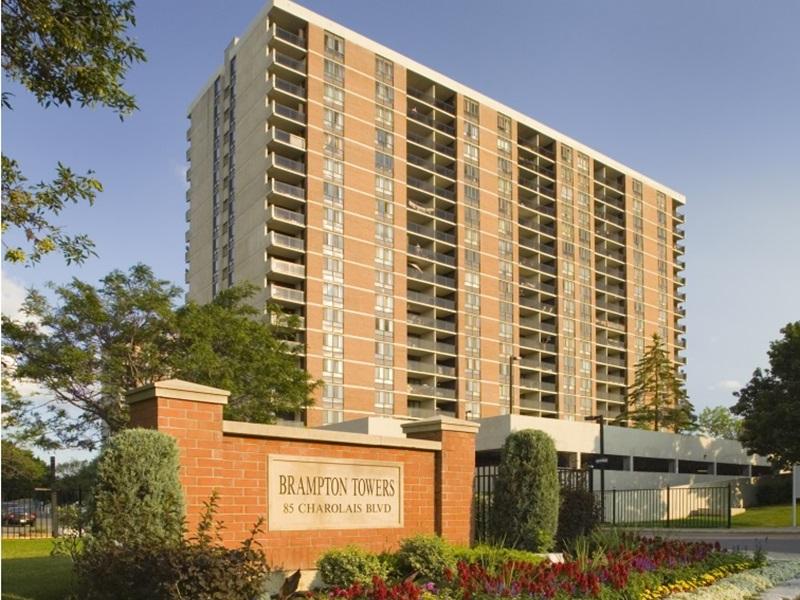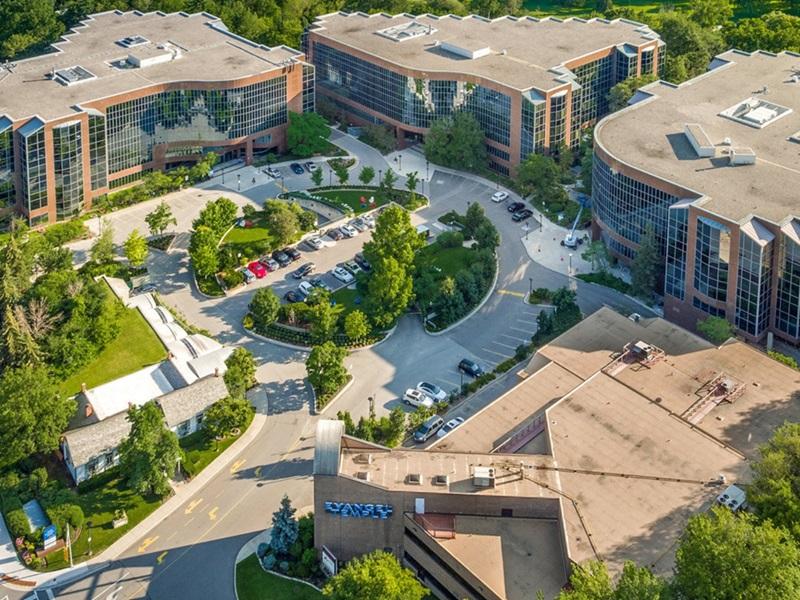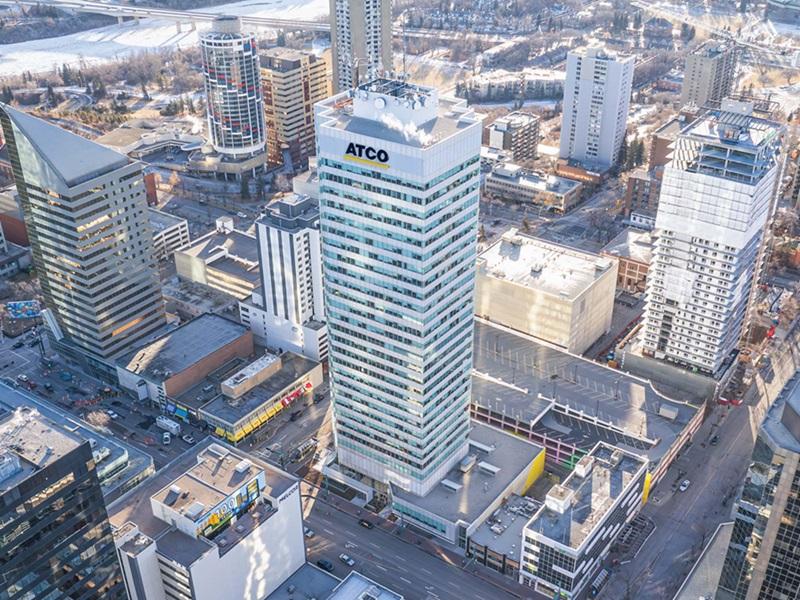 Minority investor TMR Capital has gone public with a campaign to break up Toronto-based Northwest Healthcare Properties REIT (NWH-UN-T), stating it does not believe the trust has a future in its current form because of the “complexity and geography” of its global portfolio.
Minority investor TMR Capital has gone public with a campaign to break up Toronto-based Northwest Healthcare Properties REIT (NWH-UN-T), stating it does not believe the trust has a future in its current form because of the “complexity and geography” of its global portfolio.
In a release issued Tuesday, TMR Capital states much of the trust’s portfolio should be moved into separate, geography-specific entities or sold outright, with proceeds being returned to shareholders through special distributions. TMR states it has been in previous communication with Northwest’s board about its position.
TMR is an investment firm based in the British Virgin Islands and a longtime shareholder in Northwest. TMR has not disclosed the size of its stake in Northwest, but this is not the first time it has gone public with attempts to influence how management handles the portfolio.
TMR Capital had expressed interest in acquiring Northwest’s United Kingdom portfolio in 2023, when it was being divested in a debt reduction move. The portfolio was later sold to Assura, a REIT based in Manchester, England, for approximately $885 million.
The REIT then divested its stake in Assura for approximately $209 million.
Northwest owns and manages a portfolio of 168 properties according to its website, with a gross book value of approximately $5.9 billion. It has total assets under management of approximately $8.2 billion. It reports occupancy at 96.6 per cent.
While Northwest has been making efforts to streamline its portfolio, and to improve efficiencies over the past 18 months to two years, TMR wants more immediate action. Northwest has not made any public statement in reply to the release, a spokesperson told RENX.
What TMR is proposing for Northwest
TMR has proposed the following restructuring plan for Northwest, claiming it believes “a breakup value in excess of C$6/share can be achieved within a finite period, excluding dividends received from the ongoing operation”:
- Canadian assets should be demerged and listed as a separate Canadian REIT;
- The U.S. assets should be sold or merged into a U.S. REIT;
- The European assets should be sold or merged into a European REIT;
- The Brazilian assets should be sold;
- The Australasian assets should be merged and spun off, or, sold separately;
- Overhead expenses “need to be reduced through increased efficiency to bring EBITDA in line with peers,” which it believes will occur via such a plan; TMR also believes operating efficiencies can increase such that consolidated EBITDA margins can improve by at least $0.04 per share annually.
Although it provides no details, the TMR release states its management has spoken to other “institutional investors and advisors who share similar concerns.”
TMR is also seeking two positions for its nominees on Northwest’s board of directors to help facilitate the process.
Northwest’s portfolio and recent strategy
Northwest has not been idle in its efforts to make its business more efficient and to streamline its portfolio, in addition to the sale of the U.K. assets.
The trust brought in Zachary Vaughan as CEO in June, succeeding Craig Mitchell. Vaughan moved over from Arrow Global, and has spent considerable time as a senior executive at Brookfield, CPP Investments and International Property Corporation/Reichmann International.
"We have a lot of wind at our backs. The market, however, does not recognize this. Our assets facilitate the delivery of health care, are critical to people's everyday lives, and are supported by some of the highest-rated credit in the world," Vaughan said during Northwest's Q2 financials call. "In an environment where government bonds yield around or less than 3.5 per cent, the spread one is getting by owning Northwest, compared to alternatives, looks very wide.
"Given the characteristics of our portfolio, Northwest is a very attractive investment, not just in terms of the wide discount to its intrinsic value, but also on a risk-adjusted basis, given the underlying credit that supports our income. And I'm confident as more investors learn about and understand the nature of our portfolio and our cash flows, that we're going to be rewarded with more appropriately priced capital. This is going to unlock opportunities for us to drive unitholder value through accretive growth initiatives."
Northwest recently announced a $32.6 million net income in its Q2 2025 financial report, along with adjusted funds from operations of $0.10 per unit, matching its Q1 figure and up from $0.09 per unit in Q2 2024.
It has reduced leverage from 50 per cent to 48.5 per cent during the first six months of the year, and is continuing efforts to shed its highest-cost debt, a strategy highlighted in its Q2 reporting.
Northwest was assigned an investment-grade issuer credit rating of BBB (low), with a stable trend by Morningstar DBRS in February.
"This is a business that owns essential health care infrastructure assets. And there's several unique characteristics our assets have, but three really stand out to me," Vaughan said on the Q2 call.
"The first is the quality of our cash flows. The cash flows we generate are supported by extraordinarily highly rated credit, often AAA. That would be very tough to replicate in other property sectors. Second, our assets have very low obsolescence risk. So, while advances in technology do and have made certain types of properties less valuable, in our case, technology advances actually improve the profitability for our operators, our doctors and specialists, who take space in our portfolio. And third, our assets are very hard to replicate, whether they are hospitals or outpatient facilities.
"These are highly specialized and are often located in very dense urban environments and global cities where there is significant long-term residual value."










